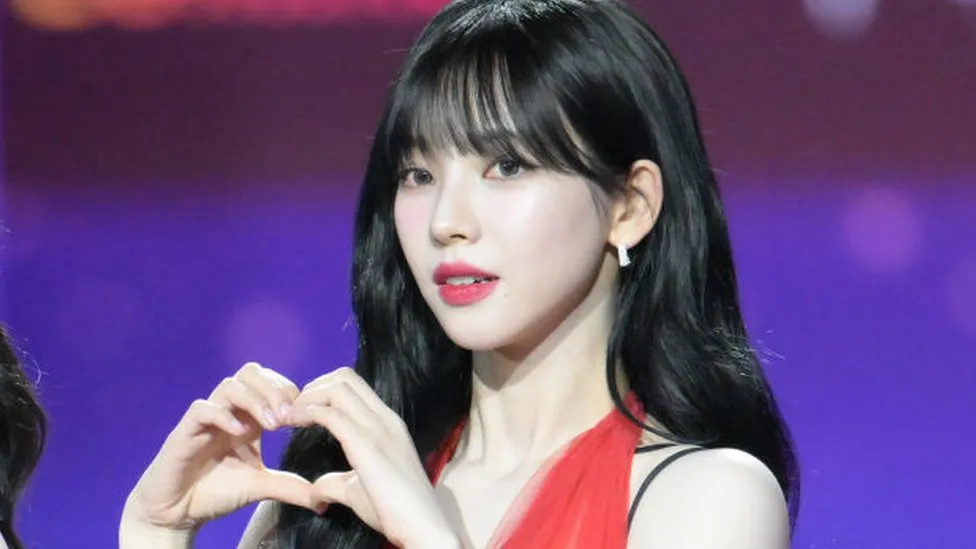K pop star Karina apologises after relationship goes public
Public image on edge as private romance becomes tabloid headline
K pop star Karina apologises after relationship goes public
By Min-Jae Lee — Seoul, May 29, 2024
When a personal life collides with stardom
Lead: Karina Confesses After News of Romance Goes Viral
Seoul — Karina, member of the globally popular K-pop group aespa, has issued a public apology after reports surfaced that she is in a romantic relationship. The revelation broke on May 29, 2024, triggering waves of reaction across social media and fan spheres. In a statement, Karina acknowledged the news, expressed sorrow for causing concern, and asked for understanding. The acknowledgment marks a rare moment in K-pop culture where an idol directly addresses romantic status — a sensitive issue in the fandom-driven industry.
The relationship story was first shared by South Korean media and quickly amplified by online communities. Fans and critics alike dissected the announcements, with speculation about the identity of Karina’s partner and the timing of her disclosure. Karina’s apology comes amid strict industry norms that often discourage idols from publicly dating, to maintain a certain image. The interplay of personal privacy, fandom expectations, and media intrusion now places Karina at a crossroads between authenticity and reputation.
How this episode affects her career trajectory, public image, and fan relationships remains uncertain. Observers note that in K-pop, scandals or revelations can have lasting impact — but sometimes, sincere apologies and transparent communication can restore trust. The timing of Karina’s apology suggests a pre-emptive effort to control the narrative, yet the ripples continue to spread across platforms.
Why Karina’s Apology Resonates
Karina’s apology matters because it highlights the tension between personal agency and the idol industry’s stringent image rules. In a culture where idols are often expected to project an image of purity and unattached appeal, admitting to a relationship can be taboo among fans. The apology tries to bridge that divide — acknowledging personal truth while mitigating fan disappointment. It forces a broader conversation about how much control idols truly have over their private lives.
This case also tests the power of apology in a high-stakes public arena. In K-pop, where reputations can be fragile, how an artist responds to controversy often dictates longevity. Karina’s willingness to address the matter head-on — rather than ignoring or denying it — may win respect from some fans even as others react with disillusionment.
Beyond the individual, Karina’s statement signals shifting dynamics in idol culture. As idols become more vocal about their lives and opinions, fans and industry stakeholders may gradually rethink rigid rules around dating, privacy, and personal expression. This moment could contribute to incremental change in how idols and fandoms negotiate boundaries.
Voices and Reactions from the Scene
> “I’m sorry that this situation has brought discomfort to those who have supported me. I hope you can understand this truth in my life.” > — Karina, in her public apology message (via statement reported by BBC)
Fan forums have lit up with mixed responses. Some expressed support for Karina’s honesty, saying “I’ll keep supporting her no matter what,” while others lamented feeling betrayed. Commentaries in Korean media pointed out that idols in similar situations have faced contract terminations or image damage.
Entertainment analysts warn that how Karina’s agency handles response, PR strategy, and fan communication will be crucial. If managed poorly, the backlash could deepen; if handled transparently, it might stabilize the situation and allow Karina to continue her activities with renewed credibility.
Idol Dating, Privacy, and Industry Pressure
In the K-pop industry, idol dating is often discouraged or covert, designed to preserve fan fantasies and marketability. Many entertainment agencies include clauses that restrict public relationships, fearing reputational risk and fan backlash. Idols are trained to maintain certain images, and romantic disclosures can disrupt cultivated perceptions. Karina’s case stands within this broader tension between authenticity and market demands.
Historically, instances of idols being caught in relationships have led to scandals, contract ruptures, or forced apologies. The pressure to maintain “idol purity” is deeply embedded in fandom culture and media portrayal. As K-pop becomes globally mainstream, these norms are under more scrutiny and challenge.
Karina belongs to aespa, one of the leading acts in K-pop, under SM Entertainment. Her popularity spans global markets, giving her more visibility and influence — but also greater scrutiny. The scale of exposure means her actions resonate beyond Korea, influencing how international fans perceive idol culture and authenticity.
As the story develops, other idols may feel emboldened to address personal matters openly. But risks remain: missteps, miscommunication, or backlash could still derail careers. The broader conversation may push agencies to evolve policies on artist autonomy and privacy in the digital age.
Ending Note: A New Chapter or Risky Admission?
Karina’s apology is both a moment of vulnerability and strategic navigation. By admitting the relationship and asking for understanding, she opens a path toward authenticity — but the industry's expectations and fan responses will test how well she can walk it. Whether this becomes a turning point or a pitfall may depend on how the story is managed from here.
Presentation & Tags for Publication
— **Font & Layout**: Use a clean serif or sans-serif font with consistent line spacing (e.g. 1.5) and margins for readability.
— **Headers**: H1 for the headline; H2 for subheadline and major section headers; H3 for byline.
— **Keywords / Tags**: Karina, K-pop, dating scandal, idol culture, apology, privacy, aespa, SM Entertainment
— **Source**: BBC News: Karina apologises after relationship goes public
- 5 October 2025 Transfer gossip - October 10, 2025
- Blast at Tennessee military explosives plant - October 10, 2025
- Who are the Pink Ladies Anti migrant hotel protesters - October 10, 2025


